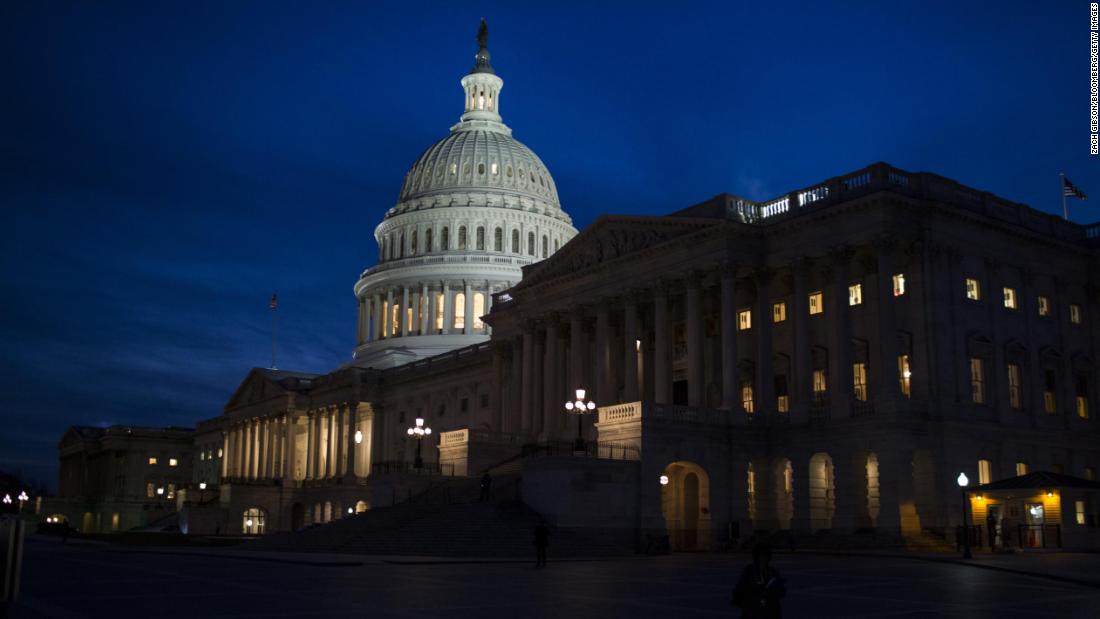
Sometime Wednesday, President Donald Trump will sign into law a massive overhaul of the US tax system — a reordering of who pays what (and why) the likes of which we haven’t seen since the Bush tax cut in 2001.
This tax cut law will not be a good thing for Donald Trump. How do I know? Donald Trump said so.
“America’s tax code is a total dysfunctional mess,” Trump said at a rally for the tax plan last month. “It is riddled with loopholes that let some special interests, including myself, in all fairness — it is going to cost me a fortune, this thing. Believe me, believe me, this is not good for me.”
We have no choice but to do so — for one simple reason: Trump is the first president in the modern era who has not turned over any of his tax returns.
During the campaign and intermittently over his first year in office, Trump has been asked about his returns and when they might be released publicly. He has consistently said: a) tax returns don’t reveal much (not true!) and b) he can’t release his return because he is under audit by the Internal Revenue Service (also not true; Richard Nixon released his tax return when he was under audit in 1973).
His aides have also occasionally argued that the issue of Trump’s taxes is settled now because he won the election in 2016. It’s difficult to fact check that claim because the 2016 exit poll — much to my chagrin — didn’t ask about Trump’s tax returns.
The simple fact is that Trump made a calculation back in the campaign that whatever negative attention he received for not releasing his taxes was less damaging than what would happen if he did release those taxes. Almost three-quarters (73%) of people in a new CNN national poll said they would like Trump to make some of his returns public.
Whether Trump’s feared damage was that he would be shown to be less wealthy than he has bragged — or something more serious — isn’t obvious (at least to me).
Regardless of his reasons, what we now have is a tax cut law — or soon-to-be law — that every independent analyst believes will benefit Trump and his family.
Does it? Will it? To what extent — and for how long?
We don’t know any of those answers. And we aren’t likely to find them out.
As reported by CNN
